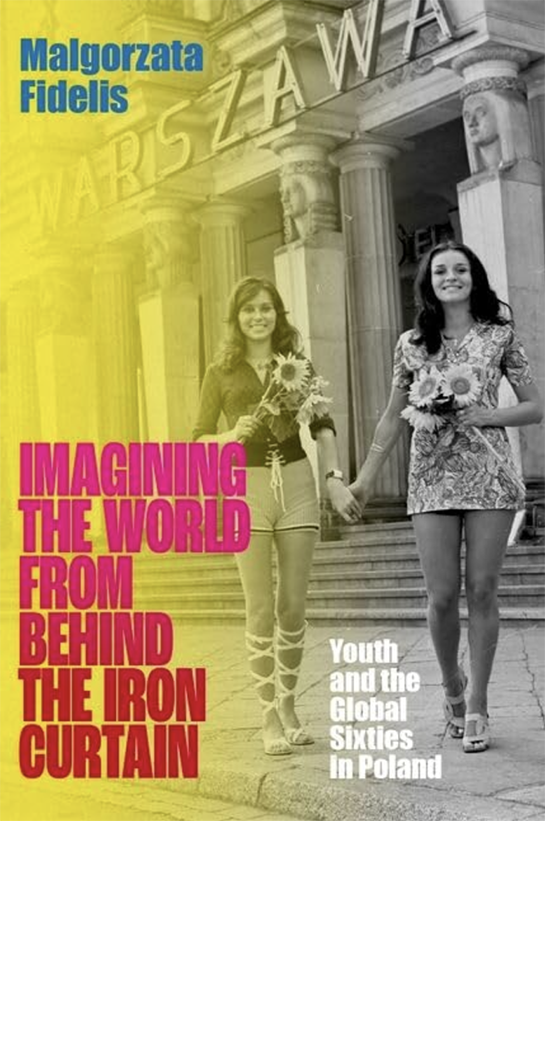Malgorzata Fidelis
Introduction
College of Liberal Arts and Sciences | History
Malgorzata Fidelis
Malgorzata Fidelis
Malgorzata Fidelis teaches courses on Modern Europe, Eastern Europe, Gender, and the Global Sixties. Her research focuses on social and cultural issues, particularly everyday life and the relationship between individuals and state power in post-1945 Poland. Her articles appeared in the American Historical Review, Journal of Women’s History, Slavic Review, Vingtième Siècle. Revue d’Histoire, and Zeitschrift für Ostmitteleuropa-Forschung among others. Her first book titled Women, Communism, and Industrialization in Postwar Poland (Cambridge University Press, 2010; Polish-language edition, WAB, 2015) is a study of female workers and communist policies in Poland. The book’s central theme explores how communist leaders and society reconciled pre-communist traditions with radically new norms imposed by the communist ideology. Her second book Imagining the World From Behind the Iron Curtain: Youth and the Global Sixties in Poland (Oxford University Press, 2022) concerns the social and cultural history of the sixties in Poland with a particular emphasis on youth and student cultures in a transnational context.
2

Malgorzata Fidelis
Imagining the World From Behind the Iron Curtain: Youth and the Global Sixties in Poland

Imagining the World From Behind the Iron Curtain: Youth and the Global Sixties in Poland
Oxford University Press
During the long sixties, powerful political and cultural movements engulfed the world, many of them rooted in transnational exchanges across borders and continents. How did the sixties look in the seemingly isolated Eastern bloc? This book explores this question by centering on young people in Poland and their everyday engagement with a dynamically changing world, from popular media and consumption to counterculture and protest movements. Drawing on archival documents, youth magazines, sex education manuals, and personal testimonies, this book follows jazz lovers, students, hippies, and young rural rebels, delineating both the antiauthoritarian solidarities and the competing visions of transnationalism. This book repositions young people in Eastern Europe, long seen as subjects of an isolationist and totalitarian regime, as active participants of global conversations. The communist state unwittingly facilitated such youth dissent, as Poland’s leaders did not entirely reject international youth culture, be it music, fashion, or new forms of sociability, but selectively incorporated these trends into their official vision of socialist modernity. Ultimately, this book shows how local manifestations of international youth culture shifted worldviews behind the Iron Curtain, creating new ways of self-understanding and a cultural space in which ideas of alternative social and political organization became imaginable.